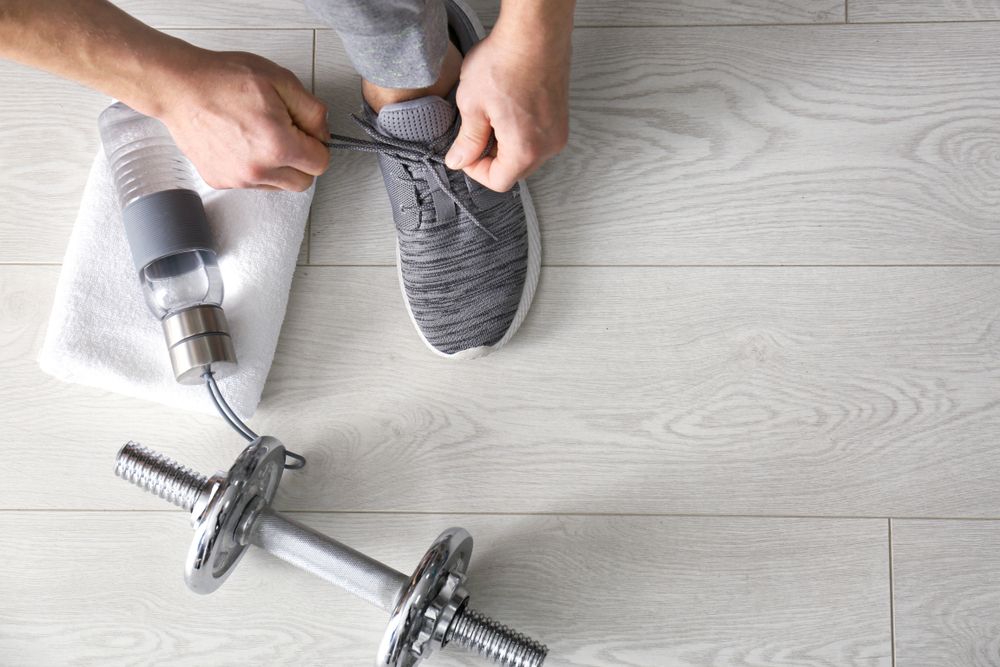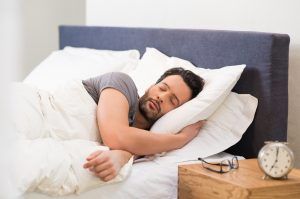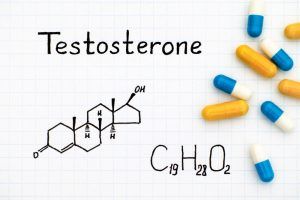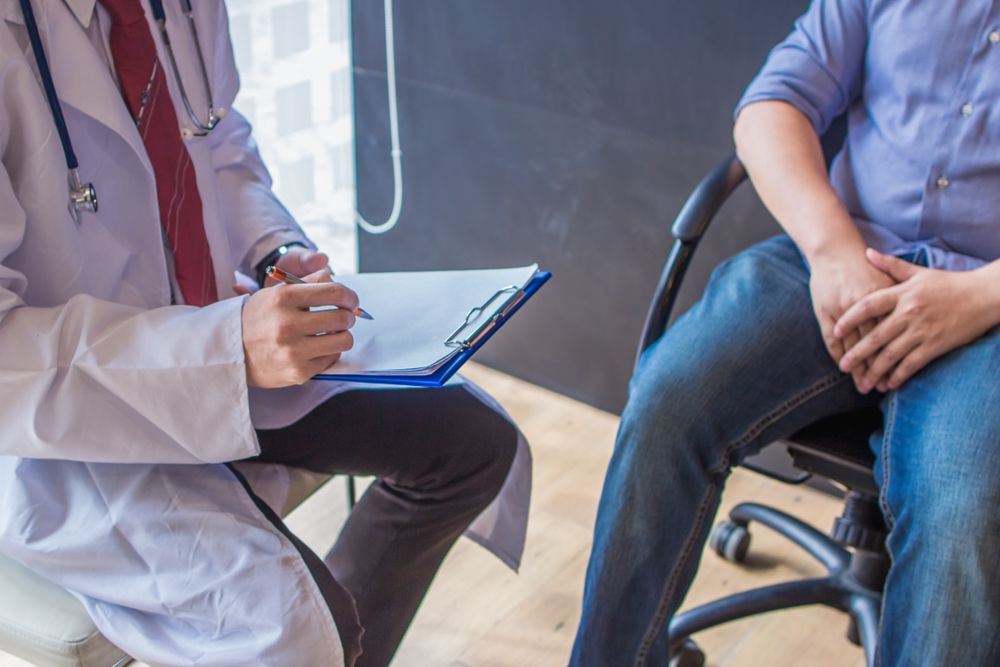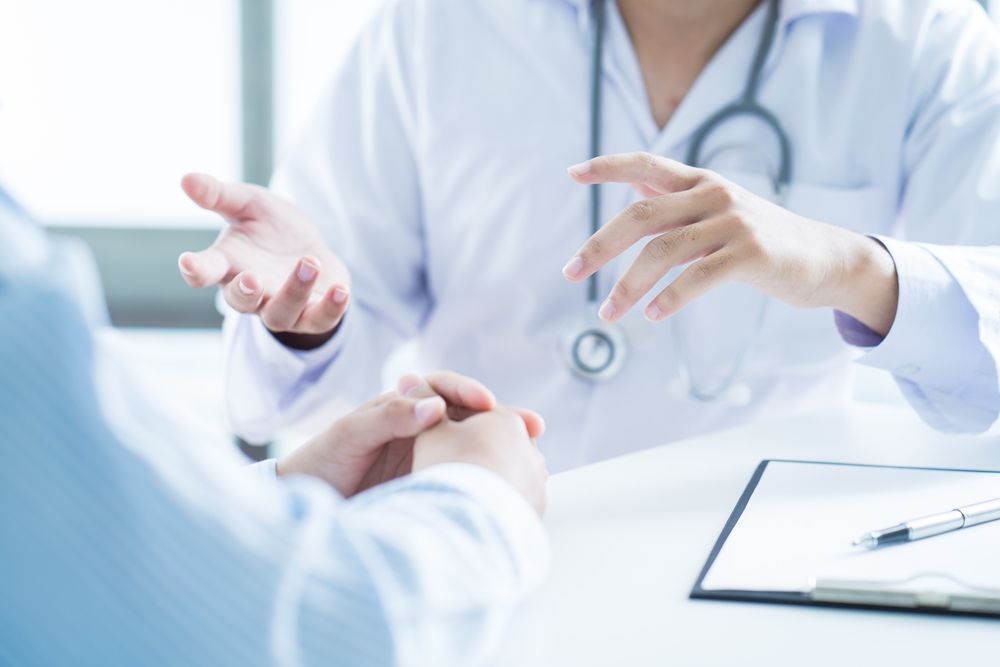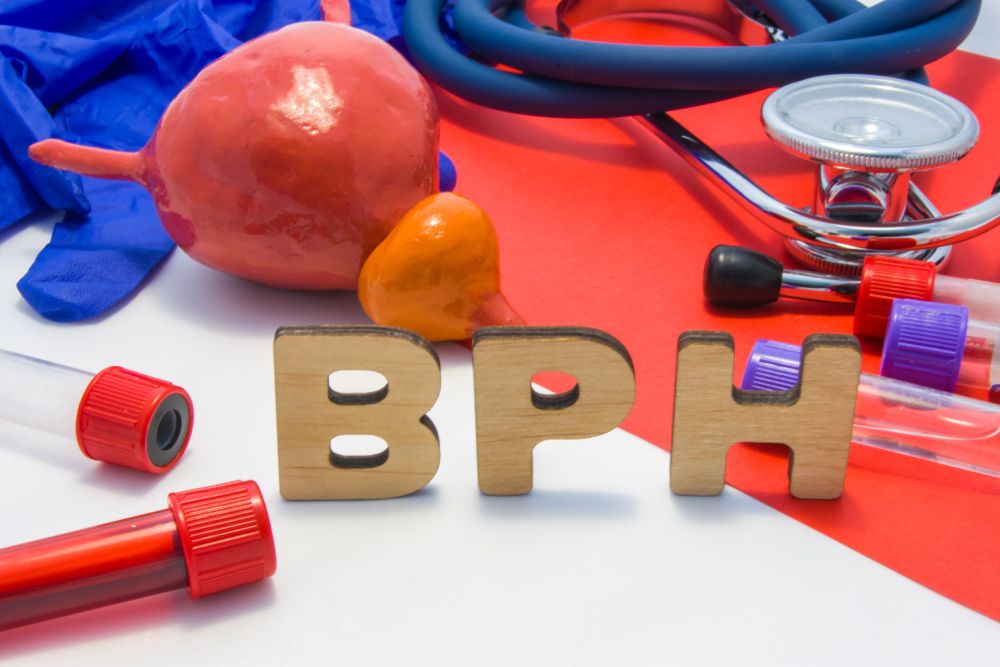Longevity in men has increased significantly, leading men to seek ways to increase their vitality as they get older. (Learn More)
Testosterone is a hormone that is often associated with increased sexuality and energy levels in males. (Learn More) Low testosterone levels may be linked to decreases in energy levels, concentration, and sexual functioning. Overall, low testosterone may negatively affect other areas of life. (Learn More)
Not every male who suffers from problems with sexual functioning or decreased energy has clinically decreased levels of testosterone. (Learn More) Even so, increasing the levels of testosterone in your system may have beneficial effects. (Learn More)
There are several different types of gels, lozenges, and topicals that can be used to increase your testosterone levels. (Learn More) It is not recommended that you take testosterone orally or use herbal supplements. (Learn More) Steroids are also not recommended. (Learn More)
There are potential dangers associated with using testosterone replacement products, such as cardiovascular problems. (Learn More) Most people using testosterone replacement products only report mild to moderate improvements. (Learn More)
Instead of taking testosterone products, you might be able to increase your testosterone levels through exercise, diet, and other lifestyle adjustments (Learn More)
Aging and Testosterone
Life expectancy has significantly increased in the past 100 years. In 1900, males lived on average to age 46. In 2014, the average lifespan for men was 76 years, according to the Centers for Disease Control and Prevention (CDC).
Along with increasing longevity, there has been a redefining of expectations and roles of men over the age of 50. Natural changes in hormonal functioning have led to men seeking to find ways to increase their vitality as they get older.
One of the ways that men have been seeking to get an edge is through the use of testosterone replacement therapies (TRT).
What Is Testosterone?
Testosterone is a hormone that is responsible for the development of secondary sexual characteristics and the male genitalia in males. It is produced by the testicles, and it is important in the maintenance of muscular bulk, strong bones, healthy red blood cells, and sexual and reproductive functioning.
As a natural result of aging, your body will produce less testosterone starting around the age of 30. This decrease in testosterone production will continue for the rest of your life.
The Symptoms of Low Testosterone
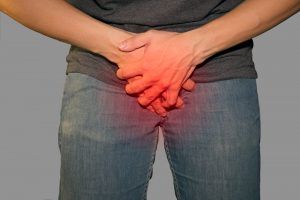
It is natural to experience changes in your body, energy level, mood, and sex drive as you age. Part of the reason for this change is a decline in testosterone production, but there are other reasons as well.
Some of the symptoms of low testosterone, particularly abnormally low testosterone levels, include:
- Fatigue and low energy.
- Erectile dysfunction and/or low sex drive.
- Hair loss on the body and face.
- A decrease in muscle mass.
- Problems with concentration.
- Changes in mood that can include irritability, depression, feelings of low self-esteem, and other negative emotions and thoughts.
Do Men With Low Testosterone Levels Need Treatment?
Just because you experience some of the above symptoms, it does not mean that you have an abnormally low testosterone level.
A low testosterone level may not require any type of medical treatment or testosterone replacement therapies. For hundreds of years, males who suffered from abnormally decreased levels of testosterone have not needed treatment.
If you are experiencing the above symptoms and they are causing significant dysfunction and distress in your life, talk to your doctor. They can test your testosterone level to see if it is abnormally deceased for your age.
If your level is abnormally decreased, you may require treatment. However, using testosterone replacements can trigger side effects. The risks of TRT over the long term are not yet fully understood.
Do You Need TRT if You Are Healthy?
Hypogonadism is a condition where the testicles do not produce enough testosterone. It requires medical treatment.
The symptoms of hypogonadism can be addressed with testosterone replacement therapies, but their use for men who have levels of testosterone within the expected range for their age is not well founded.
Often, in extreme cases of low testosterone, TRT can lead to:
- Improved sleep.
- Improvements in sexual functioning.
- Increased muscle mass.
- Better mood states.
- Increased feelings of energy and vitality.
More research is needed to understand how TRT may benefit men who have testosterone levels within the acceptable range for their age, but still complain of issues that normally occur in men with chronically low levels of testosterone.
Testosterone Supplements That Are Not Injections
Testosterone injections allow direct implementation of testosterone into your system. But not everyone prefers to use injections.
There are many available testosterone supplements that do not require injections. Many of these can raise your testosterone levels.
- Androderm is a skin patch worn on the arm or somewhere on the upper body that releases testosterone.
- Gels such as Testim and AndroGel are applied to the skin once a day, and testosterone is absorbed through the skin. There are also pumps that deliver testosterone into your system (AndroGel). There is also a nasal gel TRT (Natesto).
- Striant is a tablet that is placed on the upper gums twice daily. It releases testosterone into your blood.
- Testosterone implants can be implanted as pellets in parts of your body, allowing you to slowly absorb testosterone into your bloodstream.
What About Testosterone Pills or Herbal Supplements?
There are many different types of pills that allow you to take testosterone supplements orally. However, there is concern that taking testosterone orally may negatively affect your liver. The above methods, such as patches and gels, bypass the liver.
For the most part, unless it is prescribed to you by a physician, you should not take testosterone orally
According to an article in the American Journal of Men’s Health, there is very little evidence that herbal supplements that claim to increase levels of testosterone actually work. These products are not regulated by the Food and Drug Administration. They can contain harmful substances or may not even contain the product they claim to contain.
Do Not Turn to Steroids
Some anabolic steroids contain testosterone or chemicals that are similar in action to testosterone. Unless you are prescribed steroids, you should not use them to increase your testosterone level due to numerous potentially dangerous short-term and long-term side effects.
Some of the Risks of TRT
The research has been mixed on whether using testosterone replacement therapies is beneficial for most men with normal levels of testosterone.
There have been research studies that have expressed serious concerns regarding the use of TRT in men with normal testosterone levels. For instance, a very large metanalytic study published in 2010 that reviewed the results of 51 different studies concluded that the safety of using TRT is questionable at best. Most sources failed to inform the public about potential long-term risks, which can include:
- An increased risk of cardiac problems and heart disease, such as heart attack, congestive heart failure, or even stroke.
- Shrinkage of the testicles and decreased sperm production.
- The development of secondary female sexual characteristics in men, such as enlarged breasts.
- Problems with the skin.
- Increased severity of sleep apnea or the development of sleep apnea.
- An increased risk of benign prostate hyperplasia (enlarged prostate).
Recent research studies have suggested that TRT is not associated with the development of prostate cancer in men, although the research does remain mixed.
Benefits of TRT
Men typically report several improvements with testosterone replacement therapies.
You may experience increased sex drive, an enhanced quality of erection, increased muscle mass, more energy, and a better mood.
The effects appear to be highly individualized. An equal proportion of men claim fantastic gains or very little difference (about 10 percent each way). Most men noticed some change, but it may not be that significant.
Maintain Normal Healthy Functioning Without TRT
If you do not have a documented abnormally low testosterone level as measured by your physician or an objective medical test, and you do not have a condition that is associated with low testosterone such as hypogonadism, you may be able to increase your testosterone levels without the use of testosterone replacement therapies.
- Lose weight. Men who are obese are more likely to have low testosterone levels than those who are not.
- Get active. Being sedentary is associated with lower levels of testosterone. One activity that seems to have a significant effect on your testosterone levels is weight training.
- Not getting enough sleep is associated with poorer hormone production. Get plenty of rest.
- Drink coffee. Light or moderate coffee or caffeine intake may boost testosterone levels.
- Check your diet. What you eat can make a big difference. Get plenty of vitamin D and zinc. Eat more nuts and beans to promote testosterone production in your body.
References
Changes in Life Expectancy by Race and Hispanic Origin in the United States, 2013–2014. (April 2016). Centers for Disease Control and Prevention.
Testosterone. (January 2014). Hormone Health Network
What Is Low Testosterone? (2019). Urology Care Foundation.
Testosterone Therapy: Review of Clinical Applications. (October 2017). American Family Physician.
Testosterone Topical. (October 2018). MedlinePlus.
ANDROGEL- Testosterone Gel. (February 2019). Daily Med.
Testosterone Nasal Gel. (May 2017). MedlinePlus.
Testosterone Buccal. (October 2017). MedlinePlus.
Dietary Adjuncts for Improving Testosterone Levels in Hypogonadal Males. (August 2015). American Journal of Men’s Health.
Adverse Effects of Testosterone Therapy in Adult Men: A Systematic Review and Meta-Analysis. (June 2010). The Journal of Clinical Endocrinology and Metabolism.
Testosterone Therapy in Men with Prostate Cancer. (May 2015). European Urology.
Testosterone: From Basic to Clinical Aspects. (2017). Springer.

